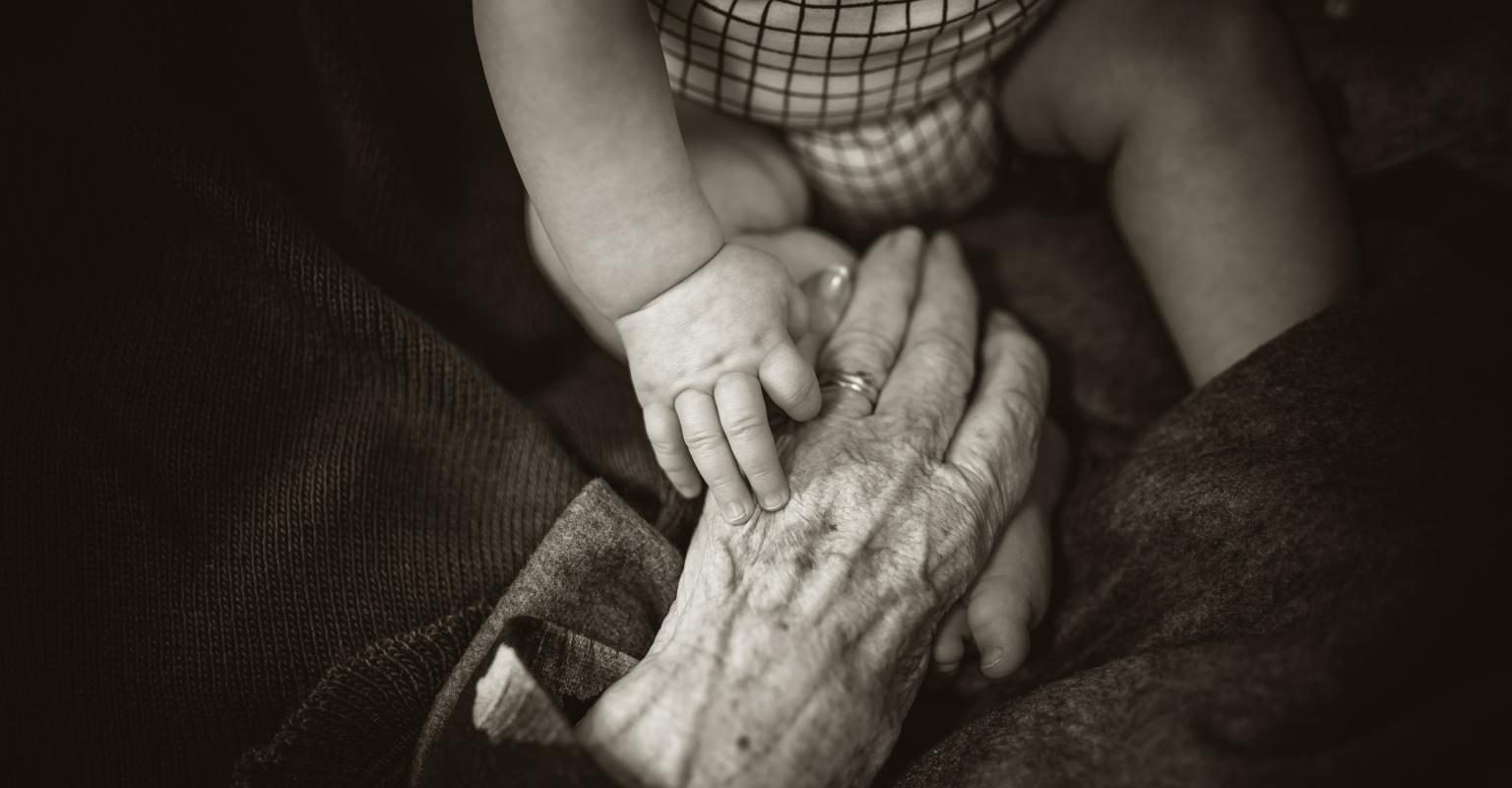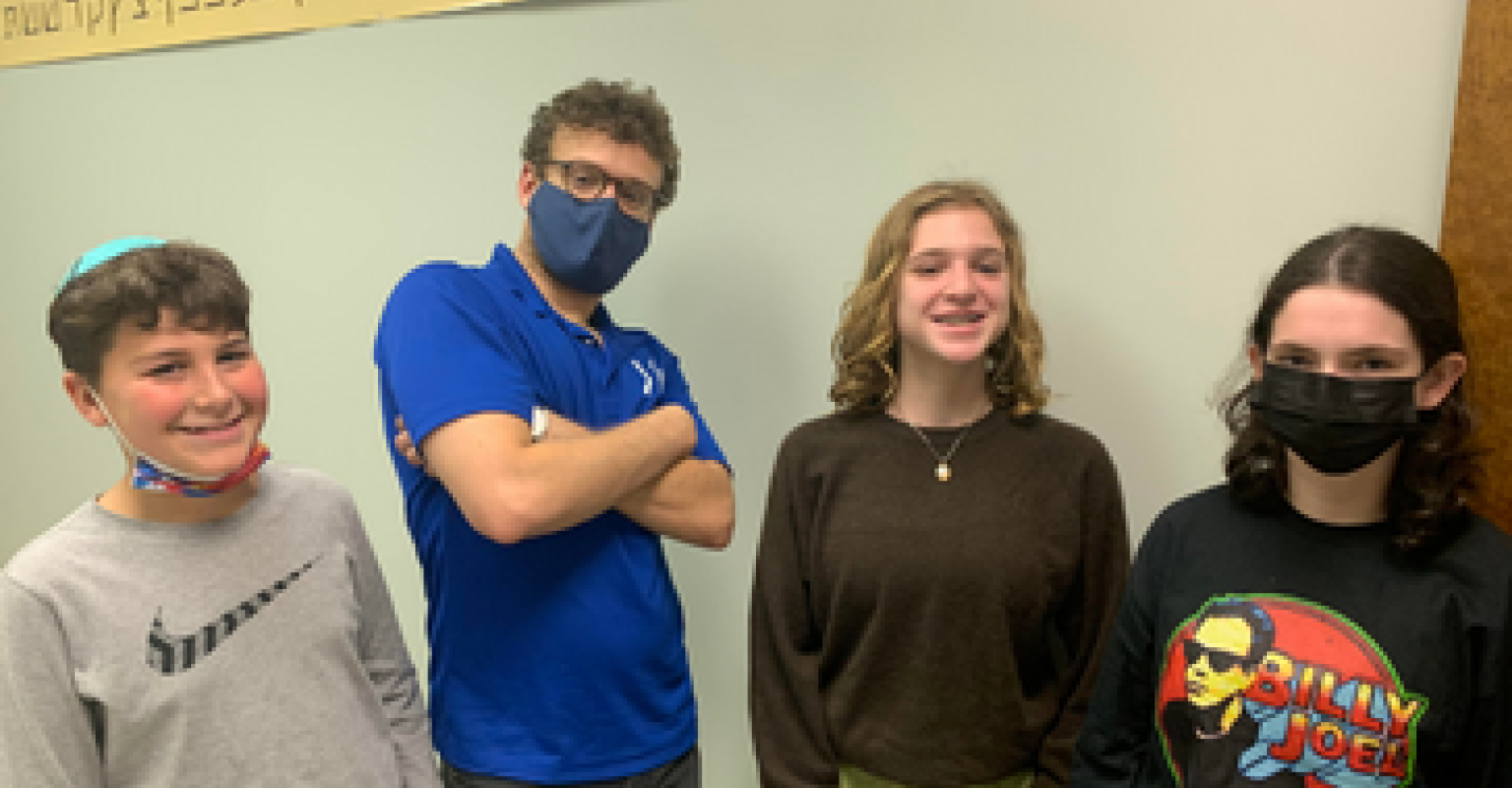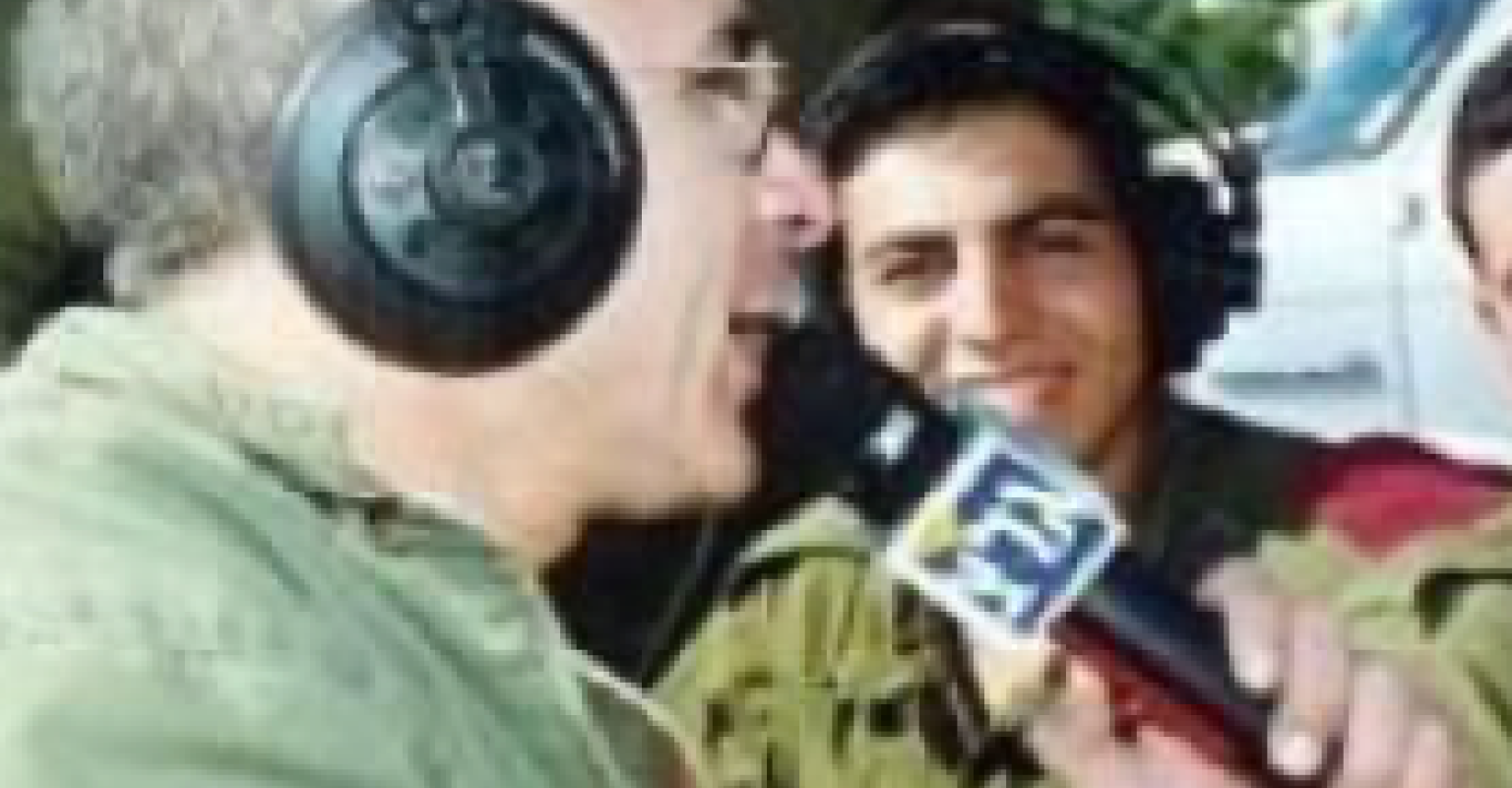David Friedmann was born on December 20, 1893, in Mährisch Ostrau, Austria-Hungary, now Ostrava, Czech Republic. He studied etching with Hermann Struck and painting with Lovis Corinth in Berlin. He painted some of the most important events in modern history, surviving World War I and World War II as an artist.
Friedmann’s flourishing career in Berlin was terminated in 1933 by the Nazi regime. As each of his options narrowed, he continued to produce art illustrating the events and his personal experiences of the time. In 1938, Friedmann fled with his family to Prague, escaping from the Nazis with only his artistic talent as a means to survive. He depicted human fate as a refugee in Prague, as a prisoner in the Lodz Ghetto, in the Auschwitz subcamp, Gleiwitz I, and as a survivor.
The story of his life, his art, and his daughter's pursuit for recognition for her father as an artist are a compelling window into Jewish life in Europe during this time.
- Judaism and Jewish Holidays
- The Holocaust
- Jewish History
- Creativity and the Arts
- 3 - 5
- 6 - 7
- After School Programming
- Congregational Learning
- Day Schools and Yeshivas
- Early Childhood
- Family Engagement
Discover more

Resources to connect learners to the individual stories of Holocaust victims and survivors.

Rabbi Matthew Dreffin of the Goldring/Woldenberg Institute of Southern Jewish Life speaks with David Bryfman about the vitality of Jewish life in the South, and how he designs intensely detailed curriculum with the intention that anyone- even people with no Jewish knowledge- could teach Hebrew

Like in Israel, you can use music as a way to commemorate Yom Hazikaron (Israel's Memorial Day).
